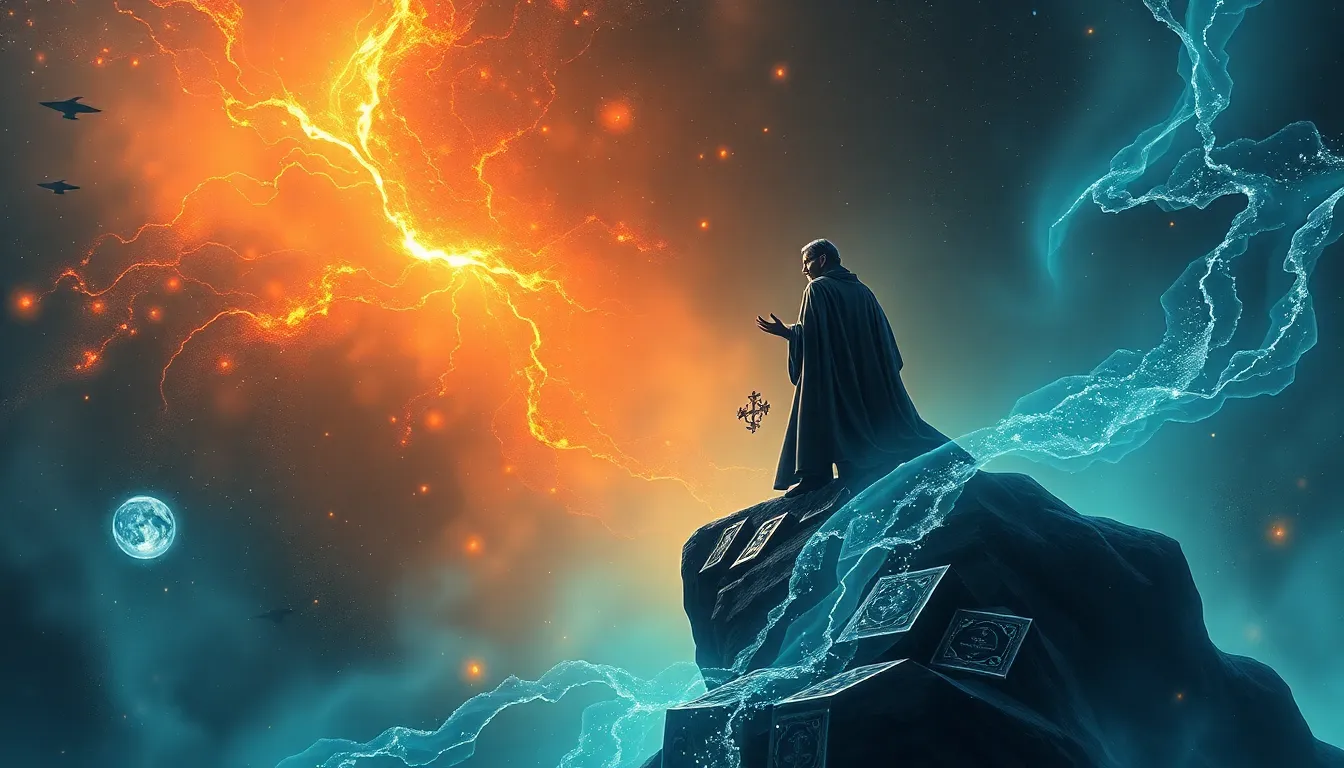Exploring the Concept of Sovereignty in Celtic Mythology
In Celtic mythology, the concept of sovereignty is deeply intertwined with the land and its rulers. This notion goes beyond mere kingship or queenship, delving into the mystical connection between the ruling monarch and the land itself.
The Mythological Queen of the Land
In Celtic legends, the monarch isn’t just a political leader but also embodies the spirit of the land. This mystical figure, often depicted as a queen, is known as the Sovereignty Goddess. She symbolizes the power and prosperity of the kingdom, linked intrinsically to the well-being of the land and its people.
The Sacred Marriage Ritual
Central to the concept of sovereignty in Celtic mythology is the sacred marriage ritual. In this ritual, the rightful ruler must marry the Sovereignty Goddess to legitimize their rule and ensure the prosperity of the land. The union represents the harmony between the king and the land, highlighting their interconnected destinies.
The Trials of Kingship
Celtic myths often depict the challenges faced by the ruling monarch in maintaining the balance of sovereignty. These trials, ranging from conflicts with otherworldly forces to tests of wisdom and courage, emphasize the intricate relationship between the king’s actions and the well-being of the kingdom.
The Everlasting Cycle of Sovereignty
The concept of sovereignty in Celtic mythology represents an everlasting cycle of power, responsibility, and renewal. As one ruler’s reign ends, another must undergo the rites of kingship to earn the favor of the Sovereignty Goddess and ensure the continued prosperity of the land.
FAQ: Exploring the Concept of Sovereignty in Celtic Mythology
What is the concept of Sovereignty in Celtic Mythology?
The concept of Sovereignty in Celtic Mythology refers to the mystical relationship between a king and the land he rules. It involves the idea that the land itself has a consciousness and chooses its rightful king, known as the Sovereignty Goddess. This connection symbolizes the king’s duty to protect and nurture the land in return for its bounty and support.
How does the theme of Sovereignty manifest in Celtic myths?
In Celtic myths, the theme of Sovereignty often appears in stories where a rightful ruler must pass tests or fulfill tasks to prove their worthiness to rule. The land may become barren or suffer in the absence of a true king, highlighting the importance of the Sovereignty bond for the prosperity of the kingdom.
Can anyone embody the concept of Sovereignty in Celtic beliefs?
In Celtic beliefs, not everyone can embody the concept of Sovereignty. It is typically reserved for kings or rulers who have the strength, wisdom, and moral integrity to uphold the sacred bond with the land. The Sovereignty Goddess chooses the rightful ruler based on their qualities and their ability to govern justly.



